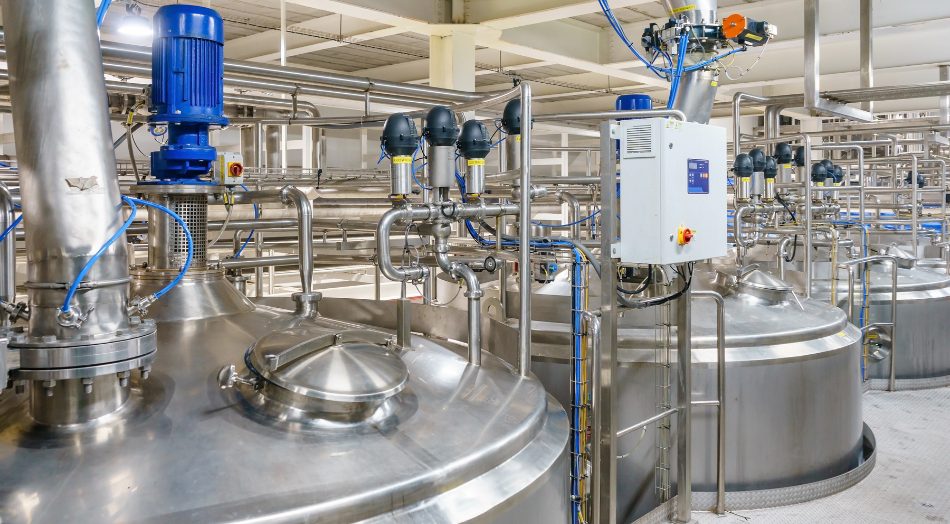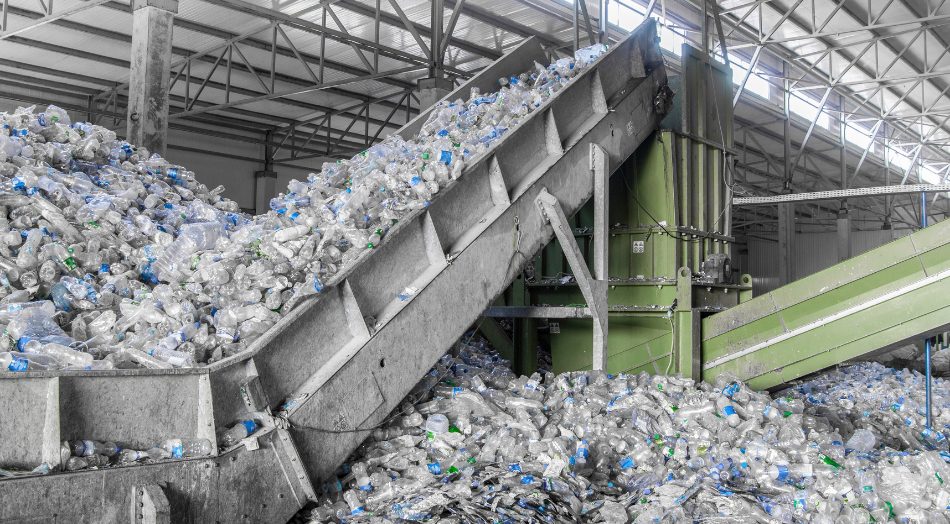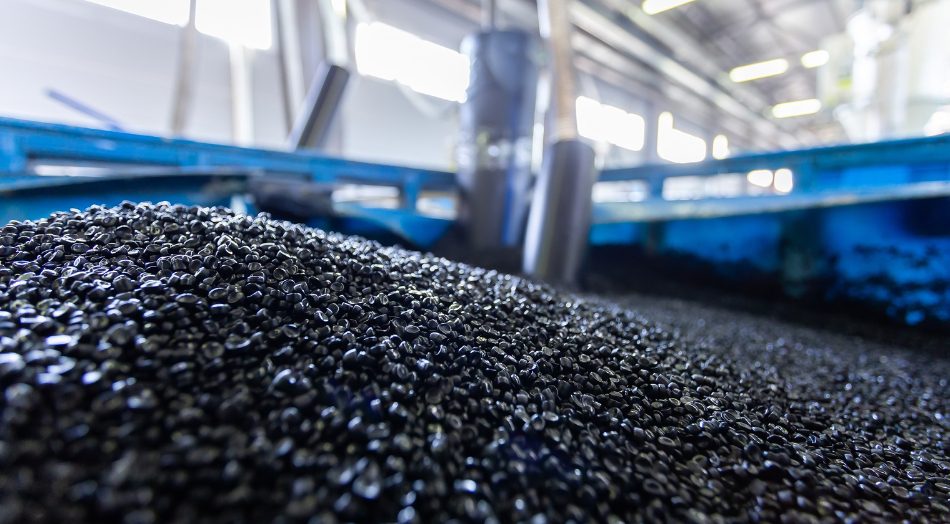Insights & Analytics

Insight & Analytics for Catalysis, Energy Transition and Process Industries
The Catalyst Group Resources (TCGR) delivers cutting-edge insights and analytics for the catalysis, catalyst-using and energy transition sectors. With over 40 years of specialized research and analysis, TCGR offers a unique blend of technical expertise and market intelligence to clients in the energy and process industries.
Transformative Services for Industry Leaders
TCGR is not just another industry resource— we are a transformative for the industry, by the industry® partner. Our mission is to ignite innovation and provide impactful, research-driven solutions that help clients navigate market complexities and technological shifts. As a leader in the field, we offer deep technical and market knowledge tailored to the unique needs of each client, ensuring a customized approach to addressing specific challenges.

Industry Expertise Backed by Experienced Consultants
With a dedicated team of over 165 experienced industry professionals, TCGR goes beyond traditional R&D to provide strategic business support, commercial insight and specialized analysis. We help clients stay ahead of industry trends, anticipate market changes and make data-driven decisions that shape their strategic direction.
Core Sectors of Expertise
Our work spans the catalyst process and energy transition sectors, with a strong emphasis on developments in catalyst technologies, process optimization and sustainable energy solutions.
TCGR focuses on key sectors including:

Refining & Petrochemicals

Fine & Specialty Chemicals

Pharmaceuticals

Environmental Industries

Polymers
Platforms: Catalysis & Energy Transition
TCGR’s insights and analytics are centered around two primary platforms:
- Energy and Catalysts – Advancements in catalytic processes, industrial separations and related technologies.
- Energy Transition – Focus on industrial decarbonization, sustainability, circular economy and clean/alternative fuels.
These platforms empower organizations to stay at the forefront of innovation and capitalize on emerging market opportunities.
Get Started with TCGR Insights & Analytics
Discover how our insights and analytics can transform your organization and set you on the path to success.

